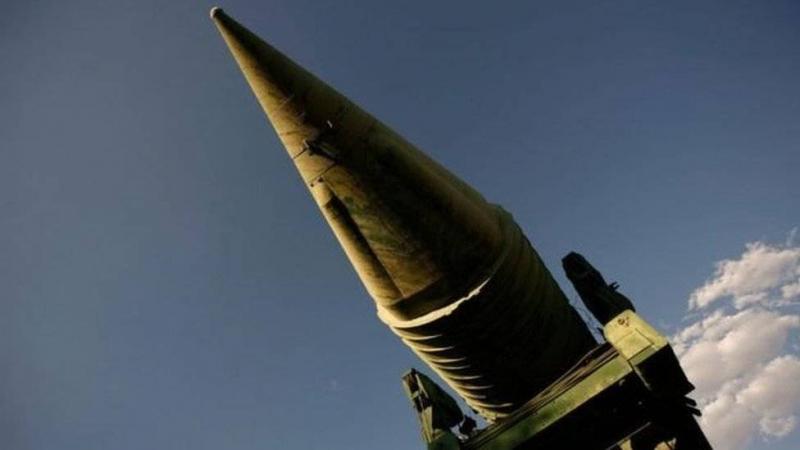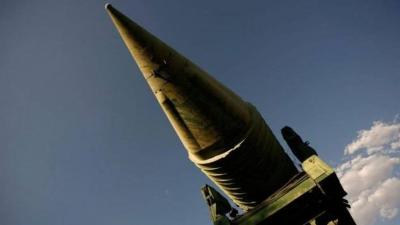With the deterioration of geopolitical relations and rising tensions around the world, researchers have warned that the role of nuclear weapons has become more prominent and that nuclear-armed states are updating their arsenals, urging world leaders to "step back and think." The Stockholm International Peace Research Institute (SIPRI) stated in its annual report that diplomatic efforts to control nuclear weapons have faced significant setbacks amidst strained international relations due to conflicts in Ukraine and Gaza, according to AFP.
Wilfred Wan, director of the Weapons of Mass Destruction Program at SIPRI, stated, "We have not seen nuclear weapons play such a prominent role in international relations since the Cold War." The institute pointed out that Russia announced in February 2023 that it would suspend its participation in the 2010 New START treaty, "the last remaining treaty to limit Russian and American strategic nuclear forces." It also noted that Russia conducted tactical nuclear weapon exercises near the Ukrainian border in May.
Additionally, the nine nuclear-armed countries continued to "modernize their nuclear arsenals, deploying many new or nuclear-capable weapon systems in 2023." These countries are the United States, Russia, the United Kingdom, France, China, India, Pakistan, North Korea, and Israel. Of nearly 12,121 nuclear warheads worldwide, about 9,585 were available for potential use, according to SIPRI. Approximately 2,100 of these were maintained in a "high operational readiness state" to be loaded onto ballistic missiles.
While nearly all of these warheads belong to Russia and the United States, which together hold about 90% of all nuclear weapons, it is believed that for the first time, China possesses some warheads in a high operational readiness state. Dan Smith, director of SIPRI, clarified that "while the overall global number of nuclear warheads continues to decline as Cold War-era weapons are gradually dismantled, we are unfortunately still witnessing annual increases in the number of operational nuclear warheads."
He added that this trend is likely to continue and "may accelerate" in the coming years, describing it as "very concerning." He concluded, "We are now in one of the most dangerous periods in human history," urging the world's great powers to "step back and think, preferably doing so together." Researchers also emphasized the "continuing deterioration of global security over the past year," where the impacts of the wars in Ukraine and Gaza can be seen in "almost every aspect" of issues related to arms and international security.




